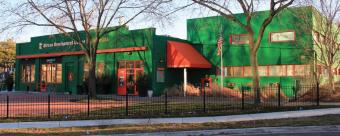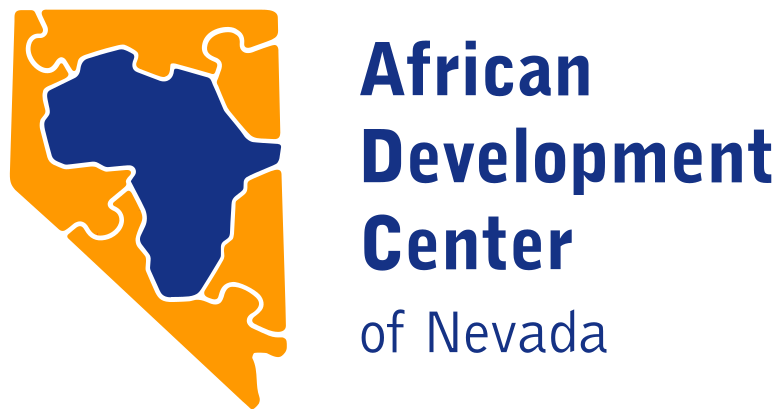
When African Development Center CEO Nasibu Sareva looked into the challenges the African immigrant community in Nevada is facing he found it striking just how similar they are to those that have been encountered by African immigrants in Minnesota.
Those challenges include not understanding the American financial system, confronting language barriers and cultural differences. These experiences first stand in the way of, and then compound the difficulty of the gaining access to available capital—which all BIPOC communities face. Not having been in the US for generations like others, and without feeling at least a sense of familiarity and perhaps belonging, the African community struggles a bit more than others.
Until now, and similar to other immigrant groups, Africans in Nevada have accomplished what they have by working 2-3 jobs, using their savings, and relying on family support. One business that thought it might not be able to survive another year, a popular restaurant in the African community, employed a savings club structure with friends and family to gain stable footing. But, they still look with uncertainty toward the future.
With the arrival of ADC’s intellectual and financial capital, businesses like that restaurant will be able to establish a sound foundation and then prepare to take their businesses to the next level rather than focusing day to day only on whether they have a future.
In Minnesota, ADC has learned crucial lessons and built processes, structures, expertise and networks of collaboration that have fostered significant success and growth in four separate cities across the southern half of the state. With community relationships in Nevada already established, and drawing on what they’ve learned in Minnesota, ADC will be able to cultivate collaborations, stakeholders, and funding sources in Nevada on a scale similar to what they’ve accomplished in 20 years in Minnesota.
It won’t all be easy. But, it won’t be as hard as it was in Minnesota, and by comparison progress will occur at an accelerated rate. ADC brings a knowledge of how things work, where problems can occur, where to look for resources and connections. With their track record, ADC brings leadership and confidence that helps people who have felt invisible and marginalized to finally sit and be heard at the tables where decisions are being made.
Established institutional relationships like those with the Small Business Administration (SBA), Wells Fargo, JP Morgan Chase, other organizations, and elected officials in Minnesota who have peer relationships in Nevada, have already begun to establish credibility, which will help ADC Nevada, its collaborators, and most importantly the members of the community to hit the ground running once the office opens. JP Morgan Chase provided seed money to assist ADC in opening the Nevada office.
Telling the stories of what ADC has accomplished in Minnesota—the numbers of families and businesses that have been positively impacted—has already begun to prepare the ground in Las Vegas.
And, a couple of instances of making a difference in Las Vegas have already occurred—before the opening of the office—in which ADC has identified opportunities for new and existing home and business owners within existing situations in Nevada. ADC brings knowledge of the issues and the players so they know where to look for solutions.
It turns out that down payment assistance has for some time been available to home buyers in Nevada, but members of the immigrant community were not aware. So, they didn’t apply and haven’t gained access to those funds. With a bit of digging and asking questions of the right people ADC will soon be able to connect new home buyers to assistance—and homes—they didn’t know could be theirs.
In the business arena, because of the limited landscape in which assistance is available to people of color a great local nonprofit has only been able to serve businesses already of a certain size. Las Vegas’s only Black-owned CDFI is positioned to provide client lending at $250,000 and above. Many small businesses don’t need that amount which has left them without access to a sympathetic, understanding source of capital. With ADC Nevada’s ability to, and interest in, loaning smaller amounts more businesses will be able to get what they need. Great potential exists between ADC Nevada and such peer organizations where they can together develop a synergetic partnership—referring clients, collaborating, and providing the community a full range of resources.
Finally, Nasibu has observed that one of the most exciting dynamics that occurs when ADC opens offices in new communities is that being there alone makes a difference. ADC doesn’t need to directly make everything happen—their mere presence inspires, encourages, challenges and pushes other entities, financial institutions, and stakeholders to take part and start to imagine what more they can do for their community.
